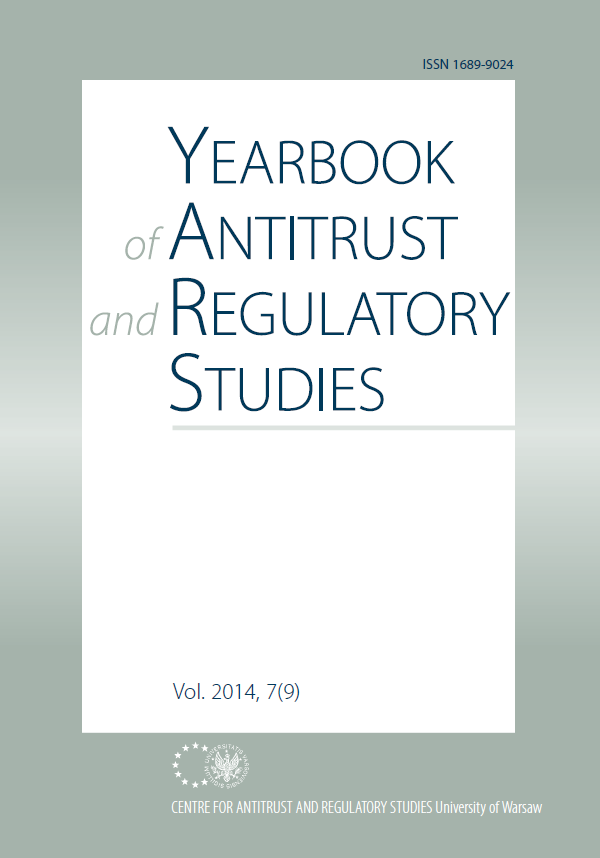The Impact of EU Competition Rules on Lithuanian Competition Law
The Impact of EU Competition Rules on Lithuanian Competition Law
Author(s): Rimantas Antanas Stanikunas, Arunas BurinskasSubject(s): Business Economy / Management, Commercial Law
Published by: Wydawnictwo Naukowe Wydziału Zarządzania Uniwersytetu Warszawskiego
Summary/Abstract: This paper provides a study of the impact of EU competition rules on Lithuanian legislation and legal practice. It was found therein that the Lithuanian law on competition, its competition authority and courts do not adhere to all objectives of EU competition law consistently. In Lithuania, the most followed objectives of EU competition law are primarily that of the internal market and consumer welfare. The European Commission looks at both: competition and the creation and preservation of the internal market, as promoting consumer welfare and an efficient allocation of resources; it proclaims that the role of competition law is to prevent harm to consumers. The Lithuanian law on competition fully corresponds to the provisions of the Treaty. Full compliance is endorsed by the National Competition Authority while Lithuanian courts strive to maintain such policy by referring to the internal market and consumer welfare standards. Both the Lithuanian competition authority and its courts defend consumer welfare from higher prices, reduced output, less choice or lower quality of goods or services, or diminished innovation. Existing legislation and other procedural rules entitle the competition authority and courts of Lithuania to enforce competition law without significant obstacles. Applicable procedures ensure transparent, independent, and professional decision-making by the competition authority, confidentiality, as well as an effective process of investigation and information collection. The Commission’s move towards the realignment of competition law with modern economic thinking on efficiency and welfare has begun. It entails not just the adoption of the consumer welfare standard, but also the application of the ‘effects’ approach. However, EU Courts have not been unambiguously following the consumer welfare standard, as endorsed by the Commission. They protect competitors themselves, rather than competition, ruling in favour of small or medium-sized firms in order to keep markets open and achieve fairness. They tend to protect the structure of the market from indirect possible long-term effects on consumers, rather than just from immediate direct effect on them.Some evidence was found of a ‘more economic’ approach being applied over the last decade as it started to find its way into the enforcement of Lithuanian competition law. Although this trend is likely to increase in the future, it is, nevertheless, still not the prevailing approach in Lithuania. At the same time, the national competition authority and courts strictly follow the guidelines and communications of the Commission on this issue
Journal: Yearbook of Antitrust and Regulatory Studies (YARS)
- Issue Year: 7/2014
- Issue No: 9
- Page Range: 87-108
- Page Count: 22
- Language: English

